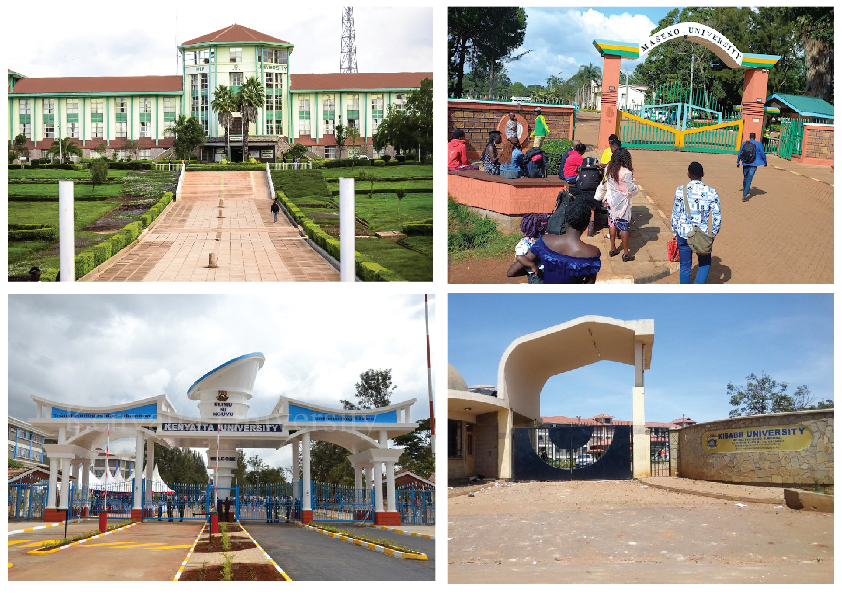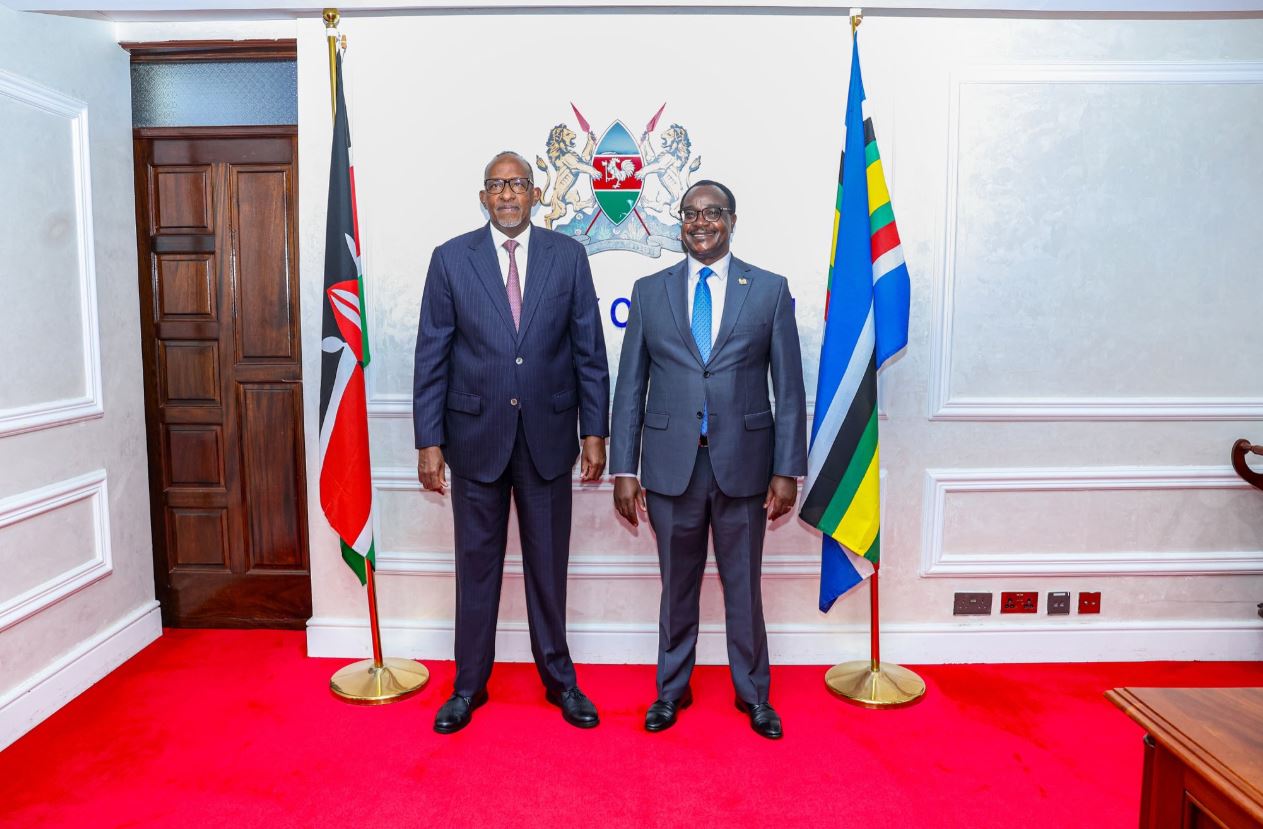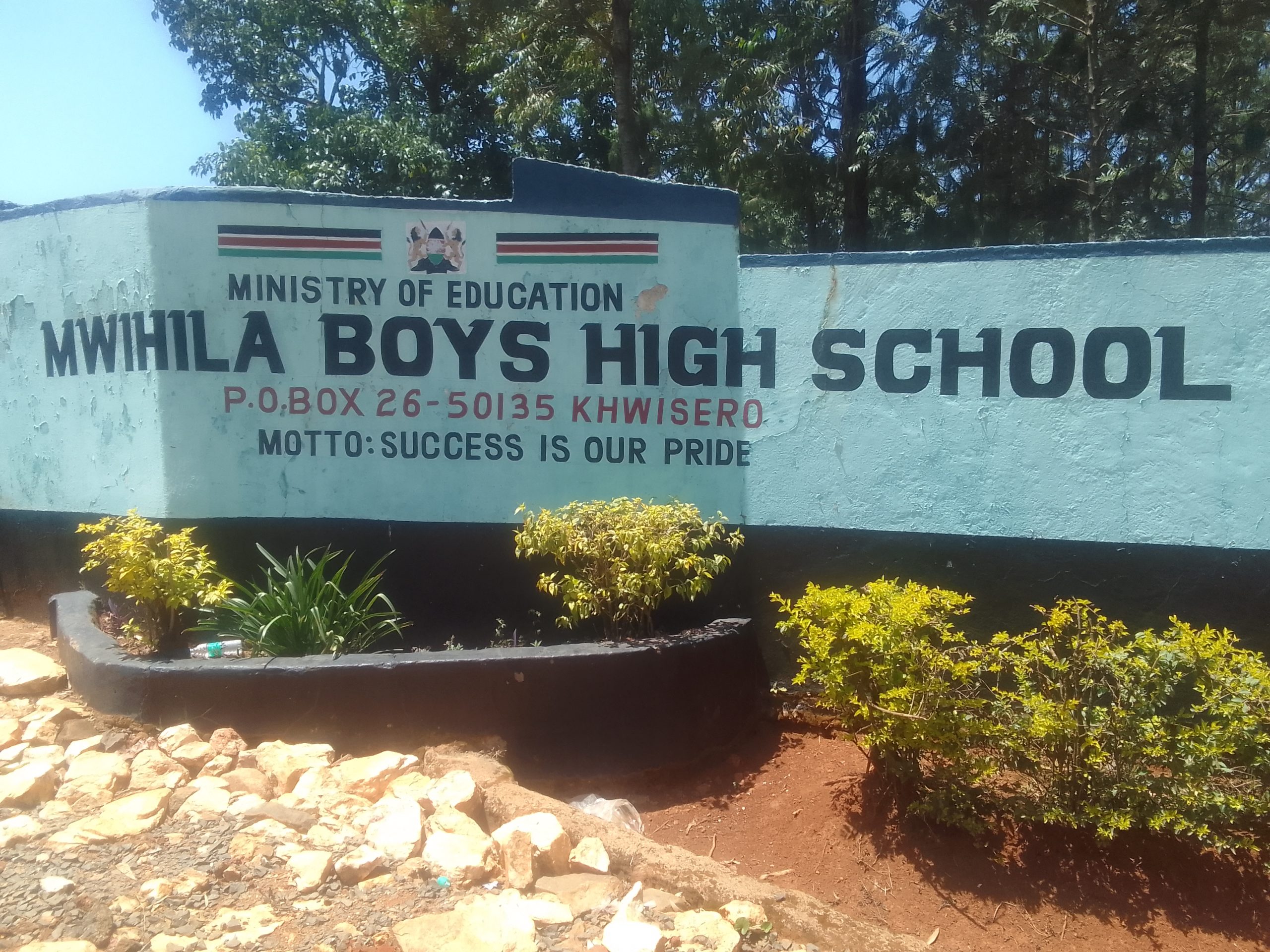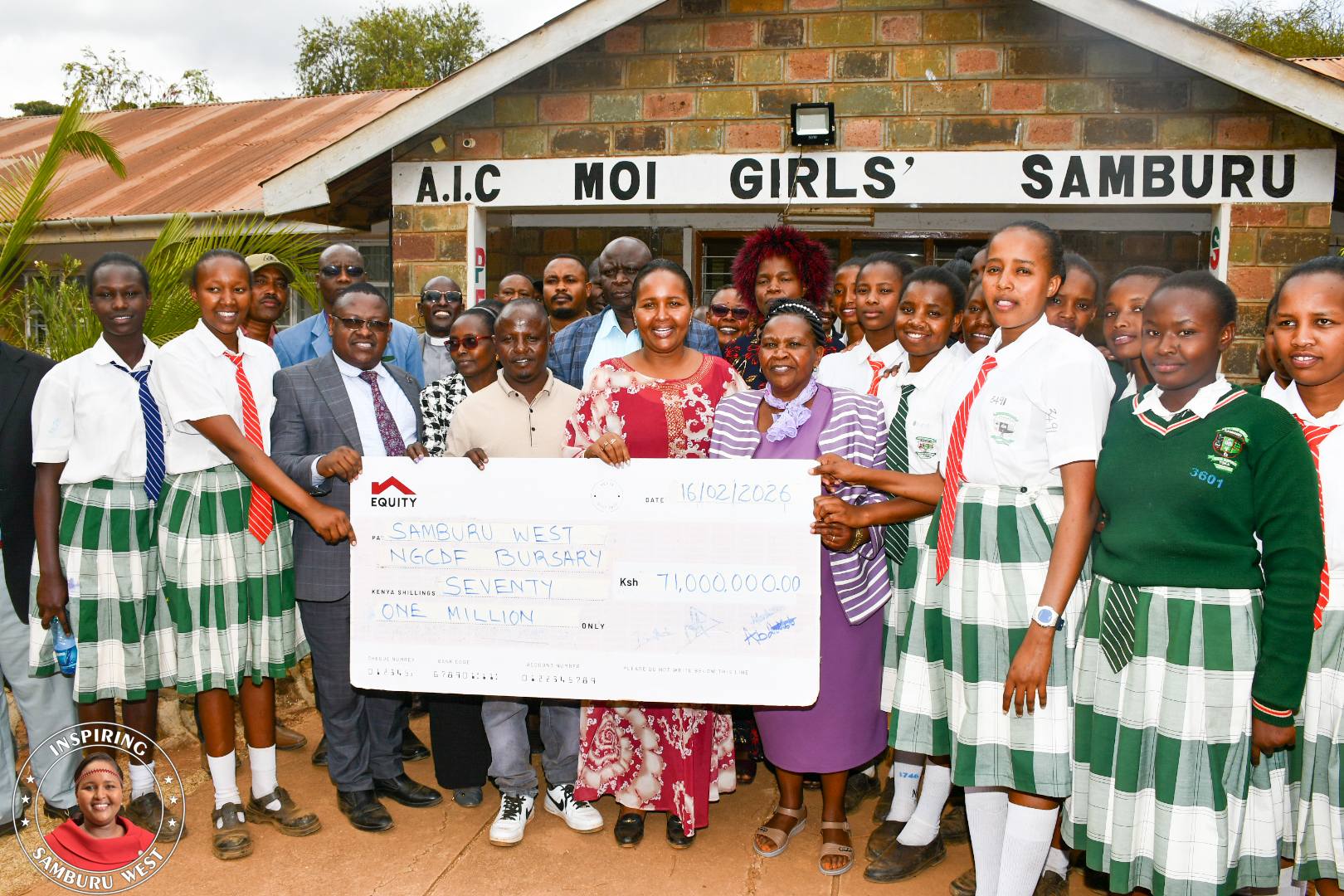The Public Service Commission (PSC) is seeking to stop ministries, state departments and agencies, from recruiting dominant tribes until an optimum ethnic balance is achieved. The practice has been taking place even in public universities.
The move comes after the recent audit by the Auditor General Nancy Gathugu revealed that at least 21 public universities across the country have been practising ethnic-based recruitment which sees the dominant community where the university is domiciled getting the lion’s share of the jobs.
The hiring of staff including the top managers in some varsities has exceeded 70 per cent as per the Auditor General which is against the law on equal employment opportunities that stipulates that a single community shall not hold more than 33 per cent in any single government entity.
“In the circumstances, management of the 21 universities were in breach of the law,” the Auditor General says in a review of universities’ accounts as of June 30, 2022.
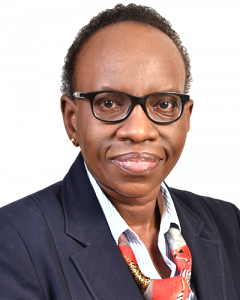
Consequently, Section 7 (2) of the National Cohesion and Integration Act, 2008, provides that “no public establishment shall have more than one-third of its staff members from one ethnic community.”
Among the universities on the spot includes Kenyatta which has employed 1,185 Kikuyus, accounting for 42 per cent of the institution’s work force leaving only 1, 661 jobs to be shared by the other communities.
The institution is said to have recruited 61 staff members during the year under review (2022) out of which 25, or 41 per cent, were from one community while 36 were from nine communities.
Other universities are Jomo Kenyatta University of Agriculture and Technology, Kibabii, Rongo, Kirinyaga, Kisii, Dedan Kimathi and Kaimosi, Meru, Maseno, Moi, Machakos, Garissa, Murang’a, Eldoret, Bomet, Alupe, Taita Taveta, Maasai Mara, and Turkana.
At Kibabii which is in western Kenya Luhyas took up 75 per cent of the jobs in the institution.
Of the 430 employees – both teaching and non-teaching on permanent and pensionable terms – there were 324 Luhyas. Also, the tribe dominates in jobs at Alupe University where at least 38 per cent of staff were drawn from this community. Friends University Kaimosi has Luhyas taking up 67 per cent of the workforce as 209 staff out of whom 141 were from the dominant community.
In institutions located in Luo Nyanza , for instance in Maseno University, the payroll for June 2022 revealed that out of the 1,131 employees, 721 were Luos.
Similarly, Luos also took up 73 per cent of jobs at Rongo University, being 311 staffers, contrary to the law which provides that all public establishments shall seek to represent the diversity of the people of Kenya in the employment of staff.
At Homa Bay’s Tom Mboya University College, the audit found that 66 per cent of the 90 employees were also Luos.
Kikuyus also dominated jobs at Dedan Kimathi University with 363 employees – about 66 per cent – coming from Mt Kenya region.
READ ALSO:
Joy as Garissa Varsity set to hold 5th graduation ceremony on Thursday
The situation was no different at Murang’a where 60 per cent of the 318 staffers were from the Kikuyu community.
Kirinyaga University’s 259 employees had more Kikuyus – at 71 per cent – while the other communities shared the rest.
At Moi University, the Auditor General revealed that 1,549 or 62 per cent of the 2,500 were Kalenjins.
At the University of Eldoret, 57 per cent of the 1,169 workers – 662 – were also from the Kalenjin community.
Kalenjins also dominated the job slots at Bomet University College at 45 per cent, while 28 that were recruited in the year under review had seven from the dominant ethnic group.
Taita Taveta University has Taitas hold 37 per cent of the jobs while Meru University has 65 per cent which is 263 of the 406 employees coming from the dominant ethnic community.
Kisiis also dominated the workforce of Kisii University at 70 per cent and the report revealed that about 60 per cent of the Machakos University staffers were also found to be from the Kamba community.
Garissa University had staff of Somali origin at 60 per cent.
JKUAT had 45 per cent of its 2,583 members of staff coming from Kikuyu Community, resulting in 12 percentage points above the 33 per cent threshold.
At Maasai Mara, the locals accounted for 35 per cent of the 622 members of staff, the same being the case at Turkana University where locals occupied 35 per cent.
The Public Service Commission (Affirmative Action) Regulations, 2024 state dominant tribes would only be considered after those that are grossly underrepresented are hired.
The Commission says it would recommend the underrepresented communities be given a free pass (recruited non-competitively) to the State jobs.
“Where a compliance audit establishes underrepresentation, the Commission may recommend the public body appoints or promotes persons in the special interest group without undue reliance on fair competition or merit,” the regulations read.
The special rule would apply where a community is not adequately represented in appointments and promotions in the public service or at public institutions – including universities.
It would also apply where the balance of gender is biased towards one gender and where an ethnic community is disproportionately represented.
By Vostine Ratemo
You can also follow our social media pages on Twitter: Education News KE and Facebook: Education News Newspaper for timely updates.
>>> Click here to stay up-to-date with trending regional stories


